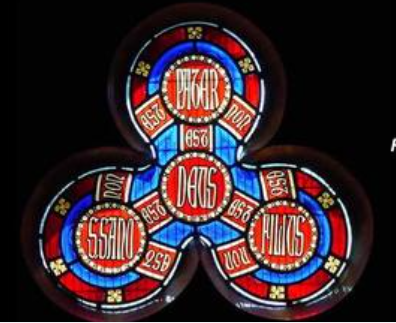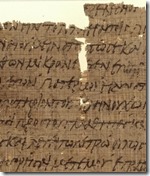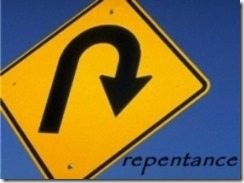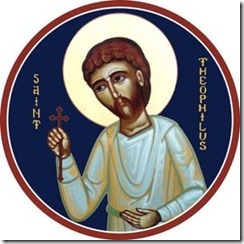
This is a FEATURED VIDEO on this site, presented by Sean Finnegan from YOUTUBE.
The NOTES on this presentation can be found on Sean’s excellent RESTITUTIO site here :
https://restitutio.org/wp-content/uploads/2019/04/The-Trinity-before-Nicea-TheCon-2019.pdf
NOTE : When watching – remember what the doctrine of “The Trinity” is besides what Matt Slick’s definition is in this video. SEE “DEFINITIONS OF THE TRINITY” under “categories” on the right.… Read the rest





